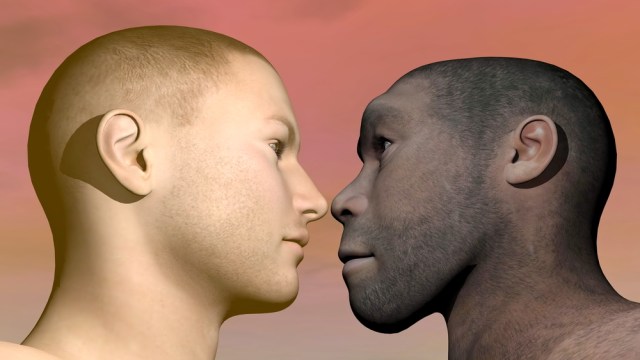Moral Tribes: The Gap Between Us and Them

There is a current fad in the diet world known as the paleo diet. The idea is that we should eat what paleolithic man ate, in order to be protected from the scourge of modern processed food. While harkening back to our hunter-gather ancestors may be good nutrition, it’s not necessarily good thinking.
Harvard cognitive neuroscientist and philosophy professor Joshua Greene argues, in Moral Tribes: Emotion, Reason, and the Gap Between Us and Them

that some our biggest problems, arise from our habit of applying paleolithic moral thinking to the problems of 21st Century life.
What’s the Big Idea?
Greene describes paleolithic moral thinking as the kind of gut reactions we experience that are caused by the brain’s automatic functions. We feel empathy for others or guilty when we don’t help someone close to us. In other words, we have moral machinery in our brains designed by evolution and cultural experience that enables us to get along well in groups.
This way of thinking becomes a problem when we attempt to use it to think through complex moral questions without the help of abstract reasoning, which Greene calls the brain’s manual mode.
Greene tells Jeff Schechtman in this week’s Specific Gravity interview that the only way to do better is to get beyond how our brains have evolved by using both efficient “point and shoot” gut reactions, side by side with our “manual mode” reasoning, to solve the modern moral problems that divide Us v. Them.
Listen to the conversation here:
Click here to listen on your iphone or ipad
Image courtesy of Shutterstock





